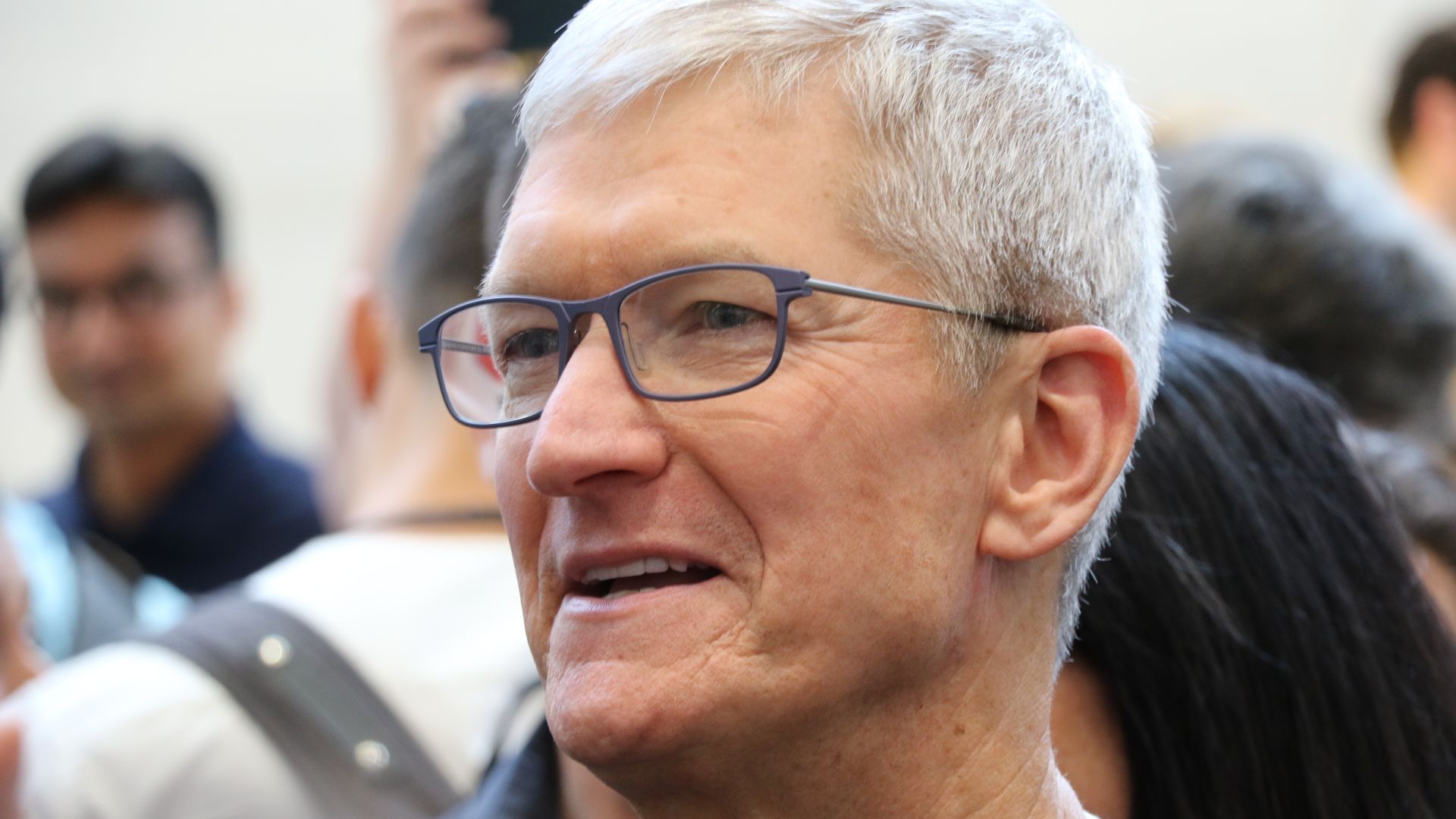Jun 23, 2020 - Technology
Apple makes concessions to developers and antitrust regulators
Add Axios as your preferred source to
see more of our stories on Google.

Apple CEO Tim Cook. Photo: Christoph Dernbach/picture alliance via Getty Images
Add Axios as your preferred source to
see more of our stories on Google.

Apple CEO Tim Cook. Photo: Christoph Dernbach/picture alliance via Getty Images